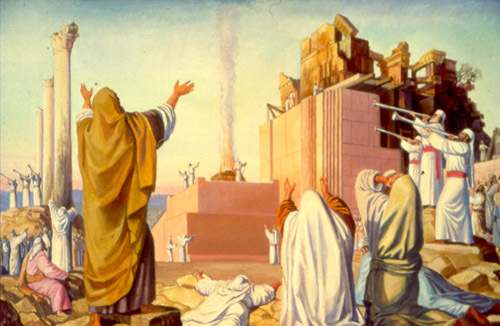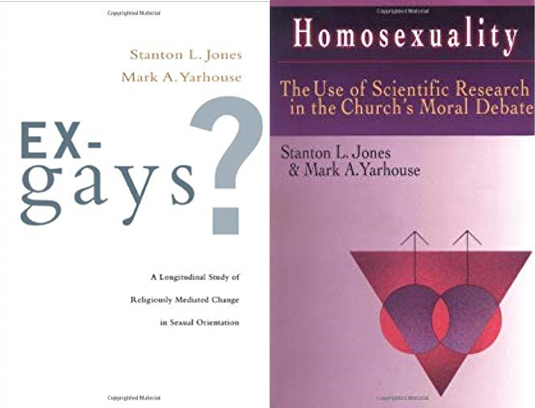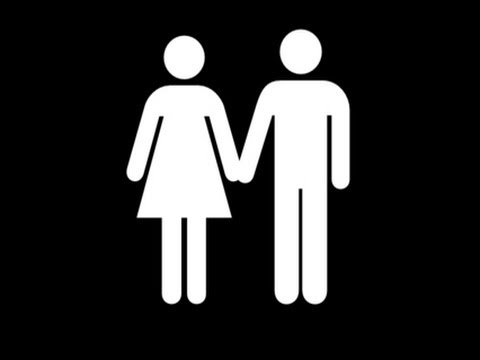“We have an advocate with the Father, Jesus Christ the righteous. 2 He is the propitiation for our sins, and not for ours only but also for the sins of the whole world.” (1 John 2:1-2) I. Biblical data that supports the premises of the two following arguments Christ is the propitiation for our sins. … Continue reading “Definite Atonement (Part 3/3). The Logic of 1 John 2:1-2”

“We have an advocate with the Father, Jesus Christ the righteous. 2 He is the propitiation for our sins, and not for ours only but also for the sins of the whole world.” (1 John 2:1-2)
I. Biblical data that supports the premises of the two following arguments
Christ is the propitiation for our sins. He intercedes with the Father on the basis of his accomplished his work of atonement. He is the perfect advocate whose intercession with the Father is always successful (I John 2:1; Rom. 8:34; Heb. 7:25; 9:24-26; John 11:41-42,).
II. Argument 1 from Christ’s intercession
Premise: Christ’s intercession with the Father is always successful.
Outline of argument:
(1) If Jesus intercedes for all, all would actually be saved.
(2) But not all are saved.
(3) Therefore Jesus does not intercede for all.*
III. Argument 2 from “Propitiation”
Premise: Christ as “propitiation” has turned away God’s wrath (1John 2:2).
Outline of argument:
1) If Christ has really bore God’s wrath for everybody, nobody will go to hell, since their punishment has already been born by Christ.
2) But Scripture does testify that the wicked will experience punishment in hell.
3) Therefore Christ is not the propitiation for the sins of everybody
IV. The Logic of the arguments
The two arguments have the same logical form: Continue reading “Definite Atonement (Part 3/3). The Logic of 1 John 2:1-2”





 Publication Sources: Ex-Gays? A Longitudinal Study of Religious Mediated Change in Sexual Orientation. IVP, 2007 and Homosexuality: The Use of Scientific Research in the Church’s Moral Debate (IVP, 2009).
Publication Sources: Ex-Gays? A Longitudinal Study of Religious Mediated Change in Sexual Orientation. IVP, 2007 and Homosexuality: The Use of Scientific Research in the Church’s Moral Debate (IVP, 2009).
